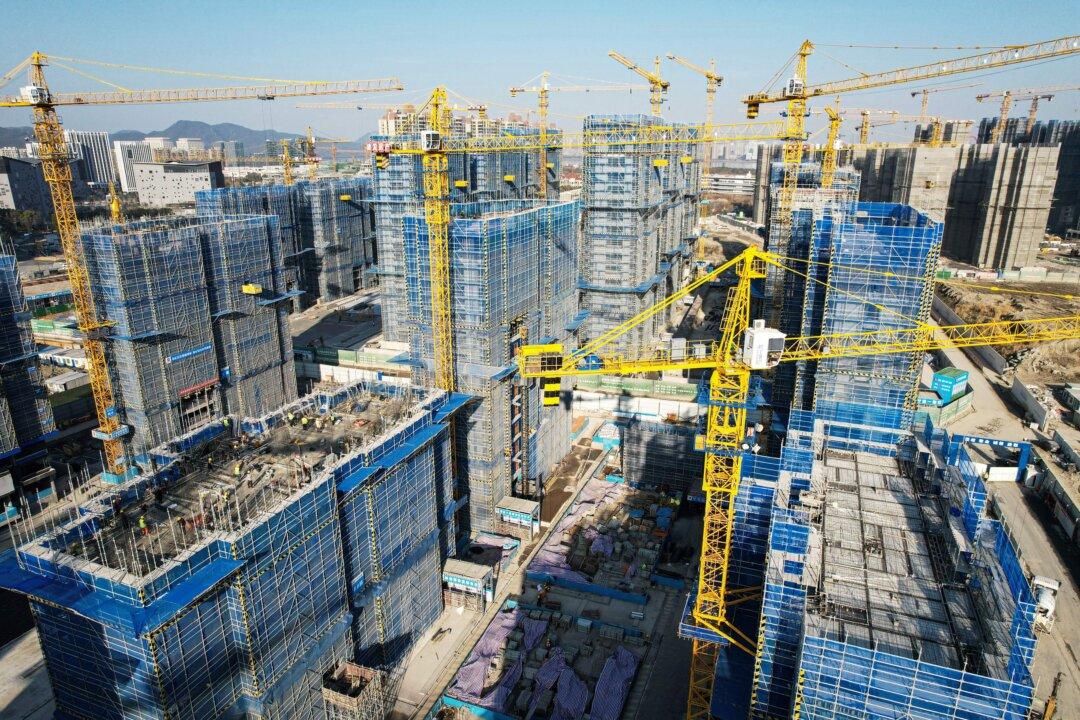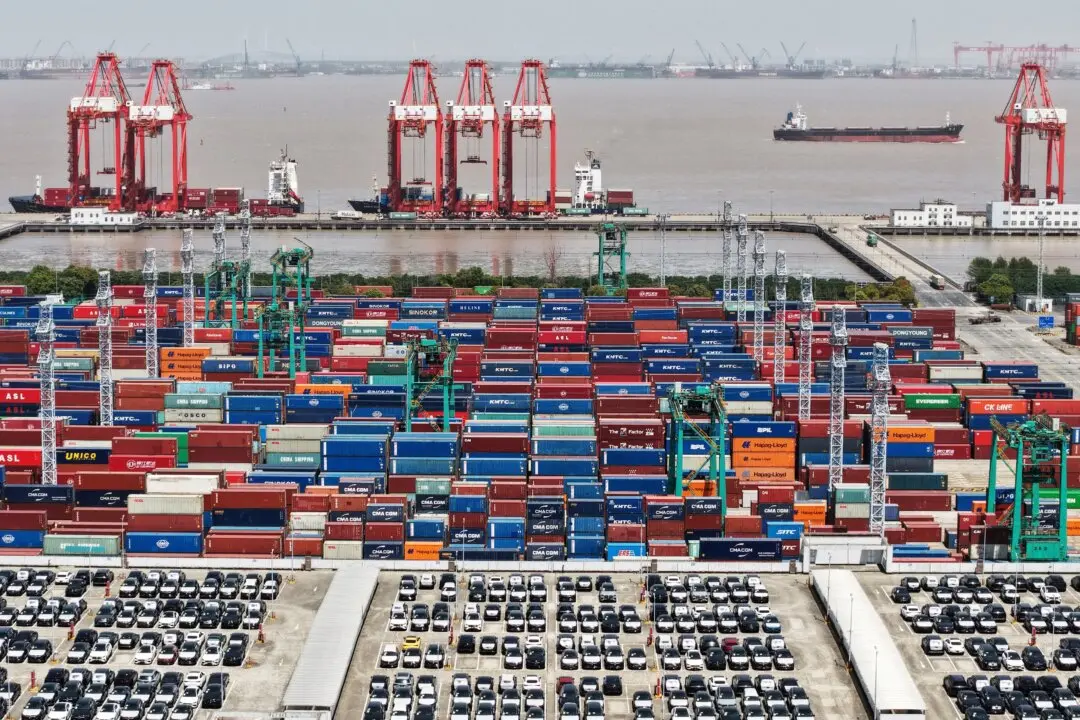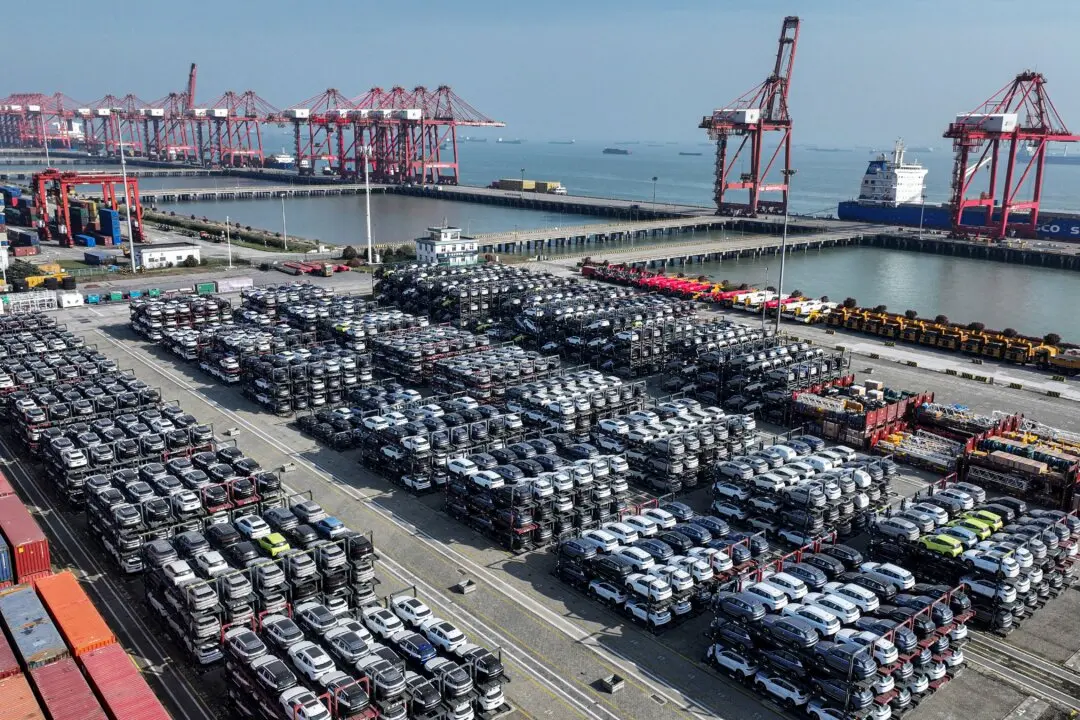Commentary
China’s economic prospects haven’t improved. The authorities in Beijing no doubt expected or hoped that recent efforts at economic stimulus would quickly bear fruit, most especially a large dedication of public funds to bolster the housing market and begin to remedy the country’s long-running property crisis.





